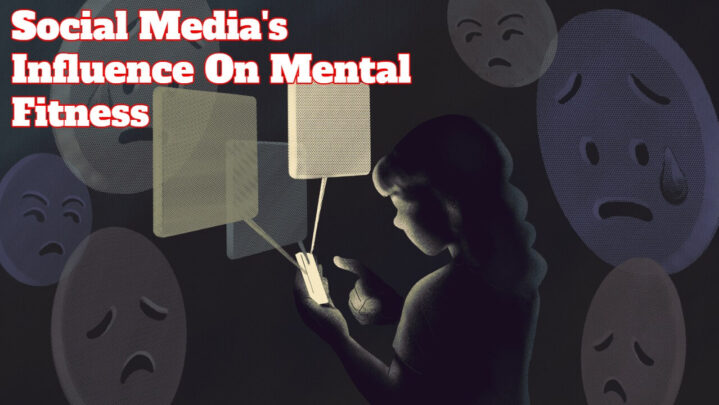Social media has been found in studies to raise emotions of worry, despair, and poor self-esteem. This is because individuals frequently compare themselves to social media reels, leaving them feeling inadequate and unhappy with their own life. Furthermore, as people spend more time online and less time engaging with others in person, social media can contribute to feelings of loneliness and isolation.
Cyberbullying is another facet of social media that may be detrimental to one’s mental health. Harassment and bullying aren’t new, but social media has made it simpler for people to disseminate negativity and hatred, often anonymously. Those that are targeted may experience feelings of dread, worry, and sadness as a result of this.
It’s vital to remember that not all social media use is bad. There are healthy and constructive ways to utilize social media. Connecting with friends and family, following inspiring accounts, and utilizing social media for educational or professional objectives, for example, may all improve mental health.
Finally, depending on how it is utilized, social media has the ability to both hurt and improve mental health. To reduce the harmful influence of social media, it is critical to use it sparingly and to be conscious of the material we read and connect with.
Also Read: Building Mental Fitness Resilience





